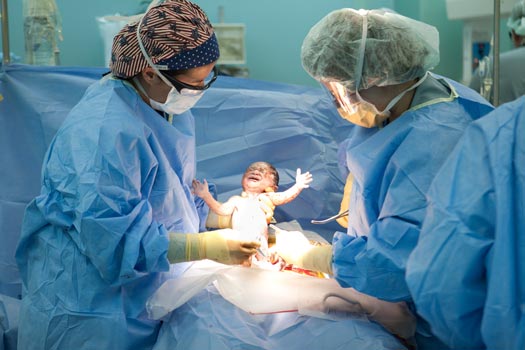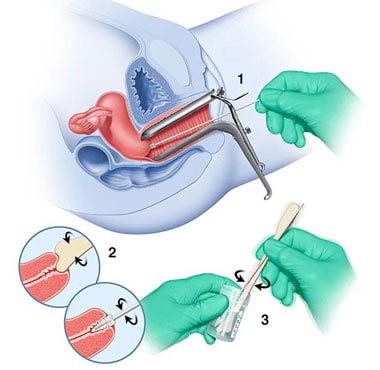During antenatal care, several routine tests are commonly performed to monitor the health of both the pregnant individual and the developing fetus. The specific tests may vary based on factors such as the stage of pregnancy, individual health, and any identified risk factors. Common antenatal tests include:
- Blood Pressure Monitoring: Regular monitoring of blood pressure is essential to detect and manage conditions like gestational hypertension or preeclampsia.
- Blood Tests: Blood tests are conducted to check for various factors, including:
- Blood Type and Rh Factor: Important for identifying potential blood compatibility issues.
- Complete Blood Count (CBC): Assesses for anemia and other blood disorders.
- Blood Sugar Levels: Screening for gestational diabetes.
- Immunity Status: Checking immunity to certain infections, such as rubella.
- Urinalysis: Regular testing of urine helps identify conditions like gestational diabetes and urinary tract infections.
- Ultrasound Scans: Ultrasound scans are performed to monitor fetal development, determine the due date, and assess the placenta, amniotic fluid, and any structural abnormalities in the fetus.
- Screening for Genetic Conditions: Non-invasive prenatal testing (NIPT) or other genetic screenings may be offered to assess the risk of chromosomal abnormalities, such as Down syndrome.
- Group B Streptococcus (GBS) Testing: GBS screening is usually conducted later in pregnancy to determine if the bacteria are present. If detected, antibiotics may be administered during labor to prevent transmission to the baby.
- Cervical Length Measurement: In some cases, cervical length may be measured via ultrasound to assess the risk of preterm labor.
- Glucose Tolerance Test: Conducted to diagnose gestational diabetes, particularly if the individual has risk factors.
- Fetal Heart Rate Monitoring: Regular checks of the fetal heart rate help ensure the baby is healthy and receiving adequate oxygen.
- Group B Streptococcus (GBS) Testing: A test is performed to check for the presence of GBS bacteria. If positive, antibiotics may be administered during labor to prevent infection in the newborn.
- Syphilis, Hepatitis B, and HIV Screening: Screening for infectious diseases that can affect the pregnancy and the baby.
- Non-Stress Test (NST): Typically done in the later stages of pregnancy, NST monitors the baby’s heart rate in response to its movements.
It’s important to note that these tests are generally routine, and additional tests may be recommended based on individual health, medical history, or specific circumstances. Healthcare providers tailor antenatal care plans to address the unique needs of each pregnant individual.
Seeking compassionate and expert care on your journey to motherhood? Look no further than Dr. Deepika, your trusted gynecologist in Mira Road. With a commitment to women’s health and extensive experience in obstetrics, Dr. Deepika provides comprehensive antenatal care to ensure a healthy pregnancy and a smooth delivery.




